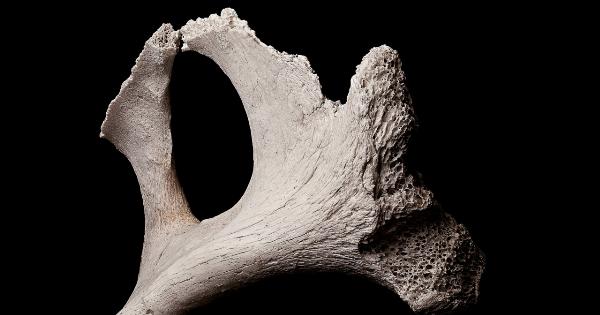Stephen Hawking was one of the most brilliant minds in the field of theoretical physics, but he was also known for something else: living with a motor neuron disease that slowly robbed him of his physical abilities.
Early Life
Hawking was born in 1942 in Oxford, England. He showed academic promise from a young age and attended the University of Oxford to study physics. However, in his early 20s, he began to experience muscle weakness and difficulty with his coordination.
Diagnosis of Motor Neuron Disease
In 1963, at the age of 21, Hawking was diagnosed with amyotrophic lateral sclerosis (ALS), also known as motor neuron disease. This is a progressive and incurable condition that causes the degeneration of the nerve cells that control muscle movement.
Living with the Disease
Despite his diagnosis, Hawking continued to pursue his academic career and became a renowned physicist.
However, as his disease progressed, he gradually lost the ability to walk, talk, and even use his hands, and had to rely on a wheelchair and a computerized voice to communicate.
Impact on His Family
The impact of Hawking’s disease was not limited to him alone, but also affected his family. His first wife, Jane Wilde Hawking, who he married in 1965, became his primary caregiver, and they had three children together.
Later on, he married his nurse, Elaine Mason, but they divorced after a few years.
Continuing His Research
Despite the challenges posed by his condition, Hawking continued to work on his research and make significant contributions to the field of physics.
He published numerous papers and books, including “A Brief History of Time,” which became a best-seller and brought science to a wider audience.
Inspiration to Others
Hawking’s determination and resilience in the face of his disease were an inspiration to many, and he became a symbol of hope for people with disabilities around the world.
ALS Awareness
Through his advocacy and visibility, Hawking also helped raise awareness of ALS and the urgent need for more research and funding to find a cure for this devastating disease.
Legacy
Stephen Hawking passed away on March 14, 2018, at the age of 76. He left behind a legacy of scientific achievement, social impact, and personal courage that will continue to inspire and influence generations to come.
Conclusion
Living with motor neuron disease was a difficult and challenging experience for Stephen Hawking, but it was also a testament to his strength, resilience, and determination to make a difference in the world.
His story reminds us of the importance of scientific research, compassion, and understanding in tackling the biggest challenges facing humanity.































